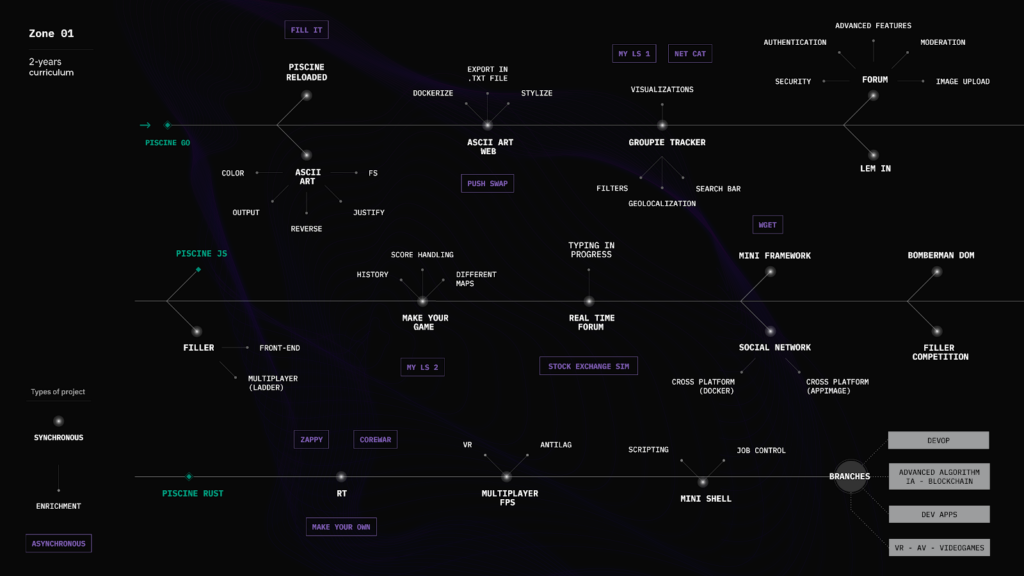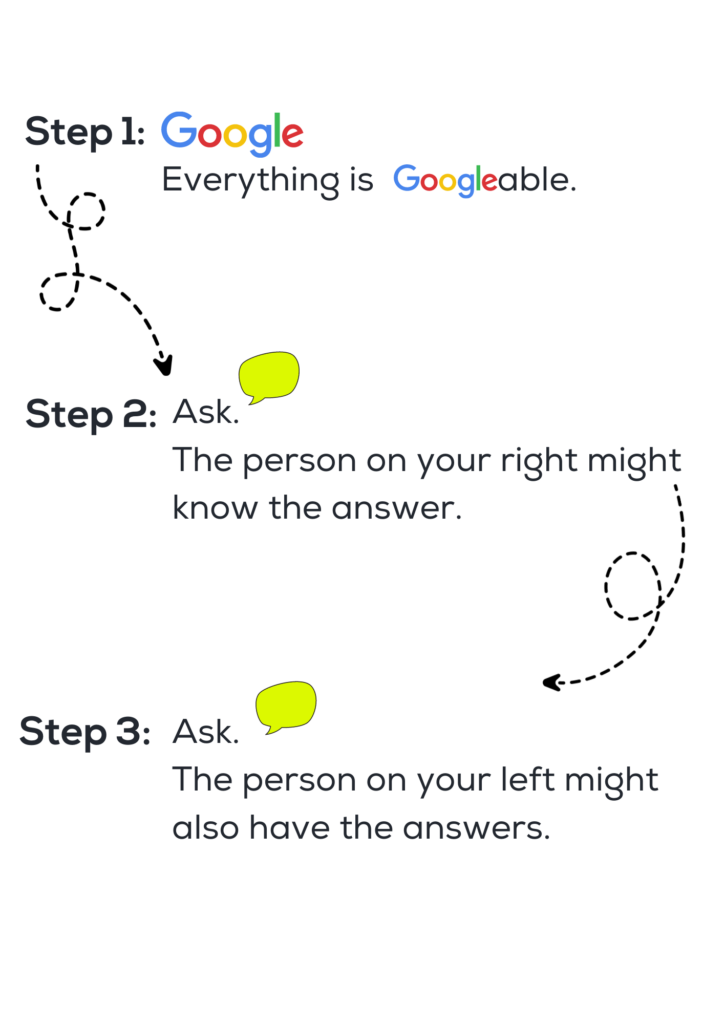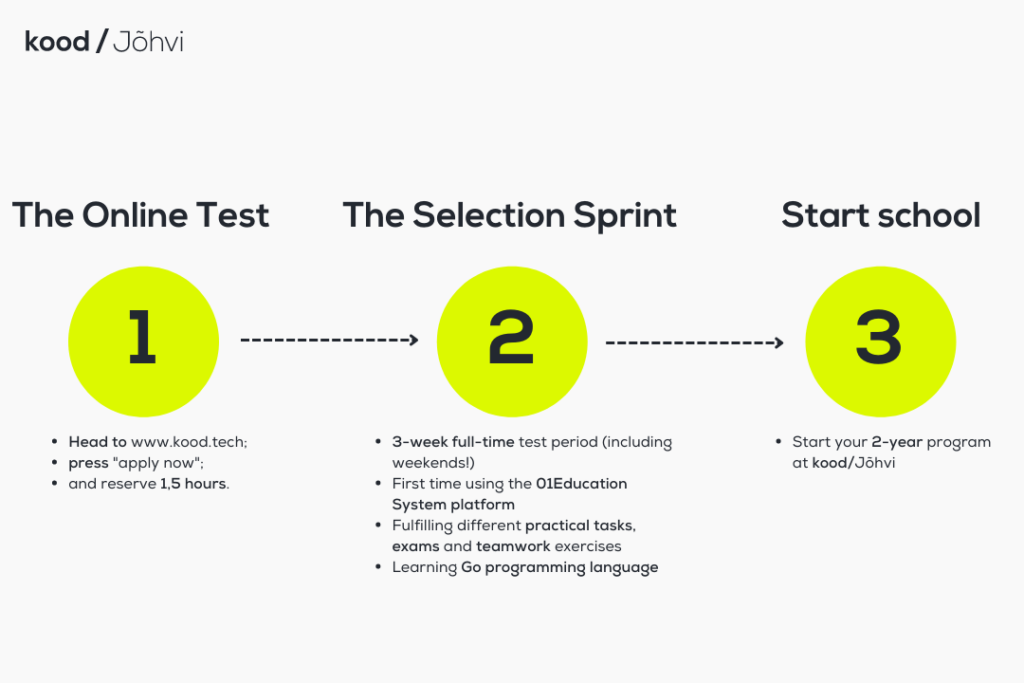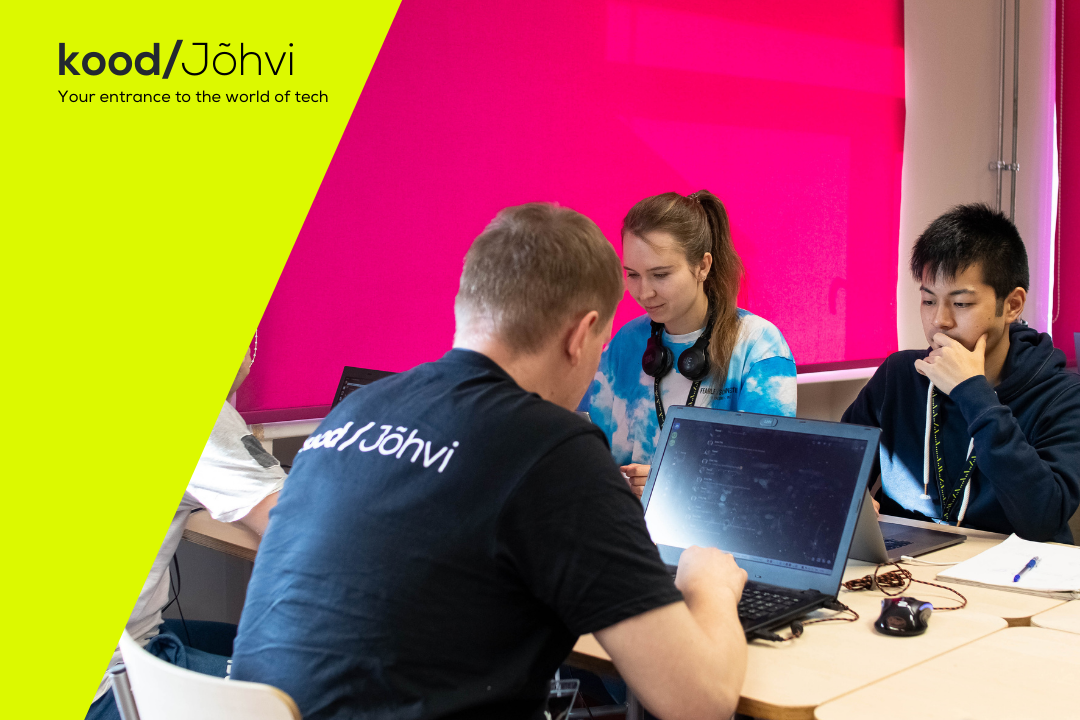kood/Jõhvi is a new type of coding school that was launched in 2021 in the North-Eastern part of Estonia. The tagline is – no teachers, no classes, but 100% coding. That’s how it works – the school uses a self-learning methodology that makes the students go through practical coding tasks.
Freedom and responsibility for your own path
The self-learning methodology gives students the ability to study when, where, and how they want. These ideas are transferred to all other aspects of the school. kood/Jõhvi approaches everything with a let’s-do-it attitude!
All of the students have the same base program with 21 mandatory tasks they need to complete, no exams. Students work on practical tasks during the 2-year study program: complete one to move on to the next one. Like a video game! Feeling bored? Work on some optional or challenging tasks. Or take part in different events happening throughout the year.

Learning something new is different for everyone and there is no single way for how people to learn. This kind of responsibility to be “the master of your own time” is favored by some and unthinkable for others. Students need to have a certain type of mentality to succeed. It’s hard to keep motivation and self-discipline at an all-time high during the 2 years.
Self-learning means self-failing?
The pedagogy at kood/Jõhvi is built on self-learning, but the key to success is peer-to-peer cooperation. The easiest way to explain it is that if you’re stuck on something, you follow these 3 steps:

If the third step doesn’t work, go back to the first step and try again. So the peers are the teachers and about 80% of the program is teamwork. This again mimics the actual working environment where you have to talk to your peers to come to a solution.
Testing the students and students testing the school
kood/Jõhvi welcomes everyone! Only requirements are: 18-years of age, at least basic education and at least some knowledge of verbal and written English. How do we make sure the students know what they’re stepping into before committing their next 2 years to kood/Jõhvi?
The application process of kood/Jõhvi gives a taste of how it is to actually learn without teachers. The first step in the process is an Online Test, where the applicants have to figure out what is required from them and spend 1.5 hours trying to complete the tasks.
The highest-scoring candidates are invited to the Selection Sprint – a 3-week on-site coding bootcamp with daily tasks, exams, and teamwork. This is a double-sided test – for the students, it’s a way to see if they like programming and the methodology. For the school, it’s a way to filter out the most potential future students.
The 3-week Sprint is intense and there are a lot of tasks students need to get through. Sometimes there’s not even time for food! Some participants even commented that they got as much practical programming knowledge from the Sprint as in a year at University.

In the Selection Sprint in 2021, about 15% of the candidates left the process during the 3 weeks. This is actually expected. The Sprint is aimed to require maximum effort from the candidates and put them under pressure. This way future students know what they’re getting themselves into. High intensity work also decreases the dropout later in the program as the most motivated candidates make it through.
Can you learn without teachers?
kood/Jõhvi offers a different approach to studying. The self-learning methodology allows students to compile their own rhythm of studying, manage their time, and set priorities however is most effective for them. The main point is to learn enough that they understand the subject and move forward from there.
This is definitely not a methodology suitable for everyone, but what we see at kood/Jõhvi is that a lot of the students are saying that they have found the perfect environment for them. And yes, they can learn to program very well without teachers.
kood/Jõhvi backstory
The idea and initiative came from the startup sector. There is a need for more people with a set of tech skills in Estonia and instead of complaining about it, the founders of kood/Jõhvi found one possible solution to the problem.
kood/Jõhvi was founded by eight entrepreneurs from Estonia – Marek Kiisa, Taavet Hinrikus, Martin Villig, Rainer Sternfeld, Merlin Seeman, Maarja Pehk, Mari-Liis Kitter, and Ede Tamkivi – to decrease the lack of software engineers.
The school is an excellent example of public and private sector cooperation. The main supporters for the school are 30+ startups and other companies, including Bolt, Wise, SEB, LHV, Veriff, VKG, Pipedrive, and so on. Governmental support is used to fund the renovation of the school building in Jõhvi.
Applications to the new class of kood/Jõhvi are open – find out more at https://kood.tech/
